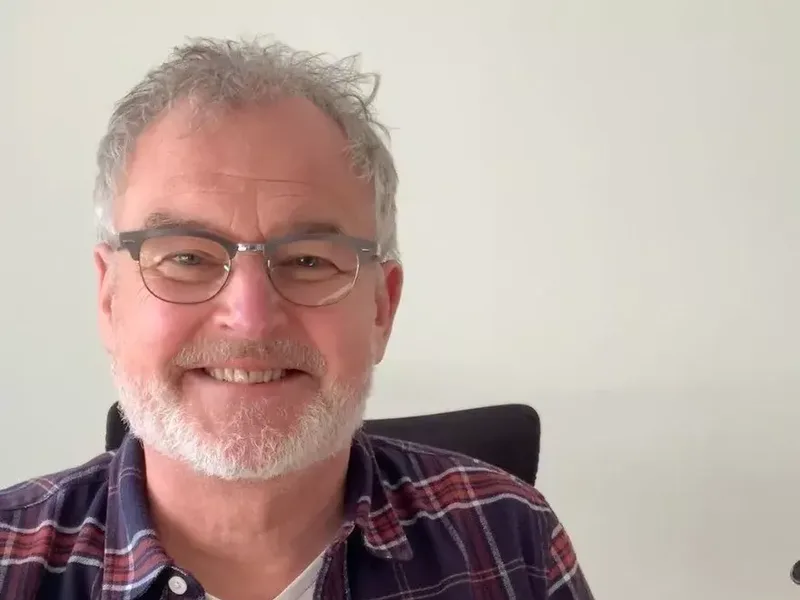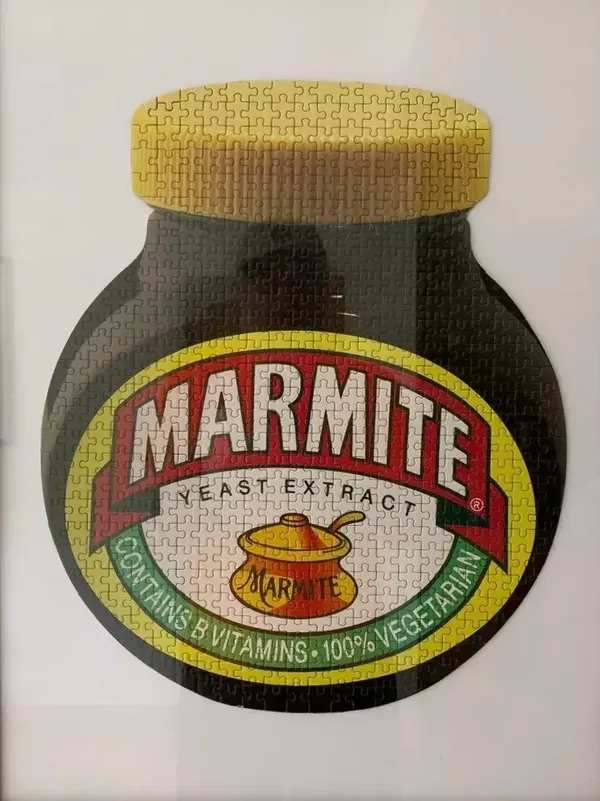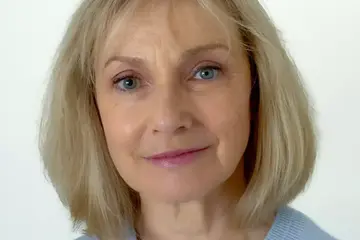
Experimentation, play and the ukulele
Many of us experience life as a spinning wheel. Inevitably, and more than once, the wheel slows, and we gain a different perspective on life.
My wheel had been spinning furiously, and then my dad passed away. His passing was not completely unexpected, but when a parent dies it does affect you. It doesn’t matter how old you are. My wheel slowed, and I began to reflect.
The month after my dad’s funeral COVID-19 happened, so now everything was different. My slowed-down wheel came almost to a halt, and I reassessed things.
I’d been in the corporate world for 30 years and had left to pursue a portfolio life. I worked, as a coach and as a consultant. I did volunteer work. I studied a bit and spent more time with family. The coaching and consulting work took me to the USA. Imperceptibly, the ‘work’ part of my life had grown bigger and bigger.
With my spinning wheel now rapidly decelerating, I considered anew how I wanted my life to be, how I choose to structure and spend my time. I reflected more deeply and with more perspective than I could when I was constantly moving.
I returned to my original inspiration for living a portfolio life, which was the writing of Charles Handy (see chapter 7 of The Age Of Unreason). I saw that I had drifted away from the intention I had at the time of leaving corporate life.
I didn’t force my reflective thinking. An appealing stillness followed after I allowed my wheel to slow. I embraced the stillness, allowing it to give rise, slowly, to ideas for fresh pursuits, ones that seemed interesting to me. I clustered them five ways:
- Personal matters (family, friends, self)
- Professional work (including with not-for-profit organisations)
- Music – playing an instrument
- Mathematical pursuits
- Creative writing
It struck me that engaging with activities right across these clusters would bring me pleasure, healthy challenge, tolerable tedium, personal growth, the chance to be dutiful, occasional joy and not least tangible rewards (some monetary, some non-monetary).
So, I resolved every week to be doing something under one of those headings. What I am finding is that the whole of what I do has become more meaningful than the sum of the parts; the whole says more about who I am than what I do.
And when I find myself getting into something that doesn’t ‘fit’ I ask why it might be the case I’m giving it time - it’s a valuable way of challenging myself to return focus to what’s important to me and to not be event driven.
I have no neuroscience credentials, but I do believe that each of these various pursuits requires me to use different parts of my brain, and I am very much hoping this diversity will contribute to my general wellbeing as I get older.
The subject of this post is embracing the experimental and the benefits to be had by adopting a spirit of play, so here are some reflections on learning the ukulele, undergraduate mathematics and short story writing.
The Ukulele
I always had a love/hate relationship with the guitar. I wanted to be John Lennon and if not John Lennon, then Bob Dylan would do. But despite these ambitions I was never good at playing the guitar; I didn’t keep it up.
I remembered as a small boy watching George Formby in what were, even then, very dated b/w movies. George came out of the musical hall tradition and was a noted ukulele/banjolele player (with “a phenomenal right hand” it has been said). He accompanied himself singing hilarious comedy songs, packed full of 1930s/40s double entendre, which would greatly tickle my grandparents.
Serendipitously, at the end of last year, I came across learntouke.com. I signed up and during October went to Monday nights classes for absolute beginners in an upstairs room at a pub in Victoria, London. In all honesty, I thought it would be a fad but it turned out to be a great experience. I practiced over Christmas and into the New Year. It became a part of my portfolio life and turned into a valuable activity. Lockdown gave me a chance to continue lessons online.
Playing the uke is a form of self-expression I’ve never before experienced. Expressing myself this way feels richly gratifying and I’m experiencing being motivated to keep going with something regardless of whether I’m good at it or bad at it. Of course, I get frustrated when I can’t do a piece straight away. Ultimately, though, I know that doesn’t really matter. No one will die if I can't do a finger picking pattern first-time round. I’m just happy that noises are coming out of the instrument.
Mathematics
A long time ago I was a mathematics graduate and when my eldest son took on a dual honours degree which involves a sizeable mathematical element we agreed I’d work through his course in parallel with him, independently, mainly as an act of solidarity but also to accomplish something that might be good for my brain (and perhaps my soul).
Spending time with my son, virtually, and supporting him as he learns has been fantastic. In fact, we’re learning together. I don’t see any of his lectures and don’t seriously tackle the problem sheets, but I study the course notes and we discuss the topics. It’s been stimulating and rewarding. What’s really valuable is sharing the feeling that while it can be very hard at times there’s something worthy in not giving up easily.
Writing
Creative writing has been something of a persistent itch for me. I have often written odd things down: a parody song lyric, a paragraph to tell a funny story, something to put in a card for a friend or relative.
During this period of the spinning wheel slowing down, I asked myself: “Will writing remain a fantasy for you or are you going to take action?”
So, I signed up for a short story writing course with a literary agency which will end next month. I’ve also signed up to Masterclass. I’ve taken the Margaret Attwood masterclass and will do the Neil Gaiman one next.
In truth, my efforts are pretty rubbish, but I don’t care. Itches must be scratched. Scratching is reward in itself.
Marmite: an honourable mention
I can’t write about my past year of experimentation and play without giving an honourable mention to Marmite. At Christmas, I was given a jigsaw puzzle. It was a Marmite Jar, 500 Piece, Double-Sided Puzzle. I remember thinking that there was no way I’ll open this let alone attempt it. But during lockdown I did both. A slower spinning wheel creates space for new possibilities and new actions. I worked on the contents of the box until the final piece was in its place. Truthfully, it is the first jigsaw I have ever completed in my life (not counting a 10 piece “Bob The Builder” jigsaw). I experienced a most astonishing, resonant feeling of euphoria. To keep this feeling alive, I had the jigsaw framed. You might say the feeling has been preserved.

i-Coach takeaways
1. Slow your wheel
Events have slowed down all of our wheels in 2020. Take the opportunity to do as Neil did, to reflect on the kind of life you want.
iOpening is a transformative personal development programme from i-coach which offers specialised support you as you step back, reflect on what matters to you and map out a more meaningful future. Book your place.
2. Find an ally
Deciding to try something new, whether it’s studying for a degree or switching careers, is always easier with support. For transitions of any kind, coaching can provide that ballast. Our coaches can help you wherever you are in the transition journey. Whether you’re deciding what kind of life you want or your mid-transition, coaching can provide you with the tools you need to successfully move forward. Find out more about support from our coaches.
3. Ask yourself: what’s the worst that can happen?
There are very few creative activities that you can do that will result in a catastrophic outcome so don’t be hard on yourself if progress is slow, or if you make mistakes. As Neil put it: be happy that noise is coming out of the instrument. You’re learning. The choice to learn is something you should celebrate. If your struggle is getting to you, perhaps you’re not learning in the right way for you. To determine your learning preferences, speak to one of our coaches.
4. Turn fantasy into action
Is your fantasy really a fantasy? If you find yourself saying ‘It’s always been my fantasy to learn how to ride a unicycle’, challenge that notion. Riding a unicycle can be achieved by following very achievable steps: going online, buying a unicycle, watching a YouTube video and finding two accommodating family members to act as stabilisers in the first few weeks of your learning. The very first step to achieving your dream is to see how you can make it real. Some of us need stabilisers in another way, a good coach can provide you with the support you need to learn and tools you need to thrive. Find out more about our coaching offer.



